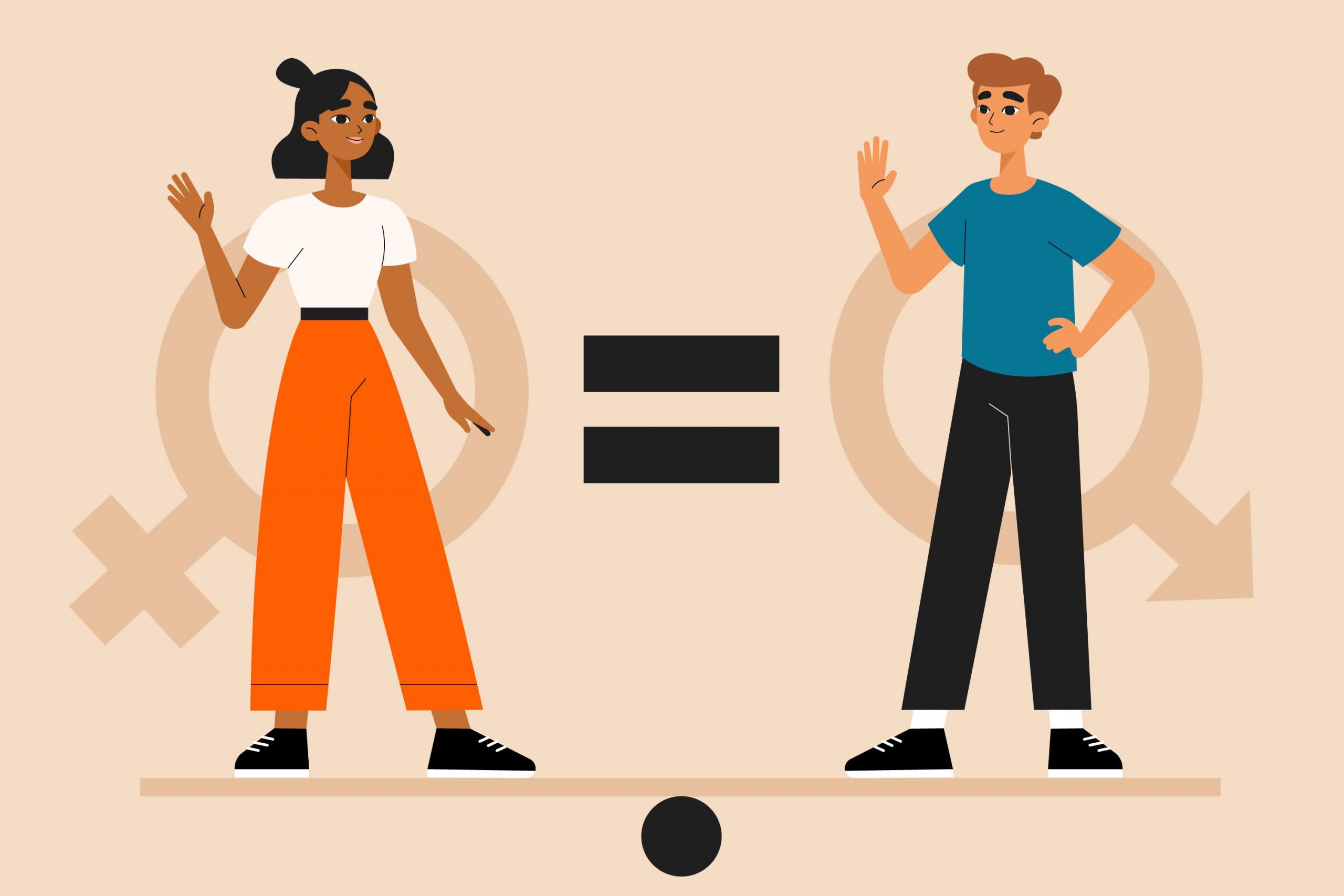

The first international study to examine the relationship between gender equality and life expectancy discovered that men and women live longer as it gets better.
However, differences among nations divided into regions based on socioeconomic development and proximity to one another suggest that while progress in gender equality initially benefits women’s lives and health more than men’s, it eventually contributes to a reduction in the gender gap in life expectancy.
The findings, which were published in advance of International Women’s Day, suggest that addressing long-standing gender inequality and empowering women might help extend longevity for both women and men, according to lead author Dr. Cat Pinho-Gomes, Honorary Research Fellow at The George Institute for Global Health, UK in collaboration with Imperial College London.
“Many of the factors that determine how long you will live—like working and living conditions, exposure to pollution, access to health care, education, income, and social support—are layered with gender differences around the world,” she said.
“As countries make greater progress towards gender equality and women are allowed to participate more fully in political, economic, and social life, the whole of society reaps the rewards.”
The World Economic Forum’s most recent research claims that major world events like rising living expenses, the COVID-19 epidemic, the climate catastrophe, and widespread conflict and emigration are impeding the advancement of gender parity. The increase in life expectancy over the previous few decades may be halted as a result, which may affect socioeconomic development and the improvement of living and working conditions.
The researchers used a modified global gender gap index (mGGGI), based on the index created by the World Economic Forum (WEF), and applied it across 156 countries between 2010 and 2021 to assess the gender gap in life expectancy globally and investigate whether gender equality was associated with life expectancy (LE) for women and men.
The World Gender Gap Index from the WEF measures the progression of gender parity across four important aspects (Economic Participation and Opportunity, Educational Attainment, Health and Survival, and Political Empowerment). Because it covers healthy life expectancy, which was the focus of this study, the health dimension was left out.
Among the three dimensions included in this study (i.e., political, economic, and educational), gender equality in education had the strongest association with longer LE for both women and men.
“This suggests investing in education is paramount, particularly in low- and middle-income countries, where many girls are still denied access to education and resources are limited,” added Dr. Pinho-Gomes.
“Even high-income countries—where substantial progress has been made to address gender inequalities in recent years—investing in gender equality may still benefit life expectancy, particularly for men. This study confirmed what we had already seen for countries in the EU using a different index, reinforcing the validity of our findings.”
“The weaker association between gender equality in the political domain and the gender gap in LE raises concerns about how gender equality is being implemented by political systems worldwide,” she said.
“As we’ve seen from the recent resignations of high-profile female politicians, women still experience significant challenges in this field, including discrimination, balancing private, family, and political life, gaining support from political parties, and securing campaign funding.”
Overall, in 2021, each ten percent increase in the mGGGI was associated with a 4.3-month increase in women’s LE and a 3.5-month increase in men’s LE, leading to an 8-month wider gender gap, but there was considerable variation between geographical regions.
“Our study has important implications for policy makers across the globe, particularly as the world gradually recovers from the myriad shocks caused by the COVID-19 pandemic, which had a gendered impact across multiple domains of life,” added Dr. Pinho-Gomes.
“This International Women’s Day, let’s not forget that the evidence demonstrates that enhancing women’s representation across multiple sectors contributes to wealthier and, hence, healthier societies for all.”
The research is published in PLOS Global Public Health
more recommended stories
 Machine Learning Predicts Early Mortality in IBD Patients
Machine Learning Predicts Early Mortality in IBD PatientsA groundbreaking study published in the.
 BRP Peptide for Weight Loss: A Natural Alternative to Ozempic?
BRP Peptide for Weight Loss: A Natural Alternative to Ozempic?The rising obesity epidemic has fueled.
 Father’s Diet & BMI Don’t Affect Newborn’s Birth Weight
Father’s Diet & BMI Don’t Affect Newborn’s Birth WeightA recent study published in Nutrients.
 How Fast Are Your Organs Aging? Simple Blood Test May Tell
How Fast Are Your Organs Aging? Simple Blood Test May TellNew research from University College London.
 Continuous Glucose Monitors May Mislead Healthy Users
Continuous Glucose Monitors May Mislead Healthy UsersCGMs and Their Expanding Use Originally.
 Can Your Genetics Influence Your Income and Health?
Can Your Genetics Influence Your Income and Health?A New Perspective on Health and.
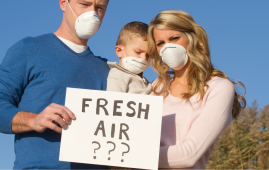 Air Pollution Hurts Brain Health in Just 4 Hours
Air Pollution Hurts Brain Health in Just 4 HoursAir Pollution Blurs the Mind, Impairs.
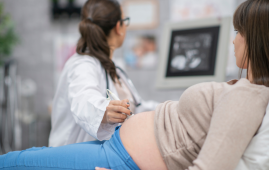 AI Uncovers Hidden Pregnancy Risks for Stillbirth
AI Uncovers Hidden Pregnancy Risks for StillbirthA groundbreaking AI-driven study has identified.
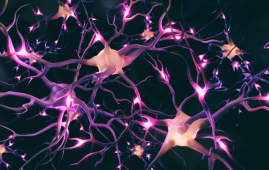 Groundbreaking Study on Neurons & Natural Behaviors
Groundbreaking Study on Neurons & Natural BehaviorsEight years of work. A collaboration.
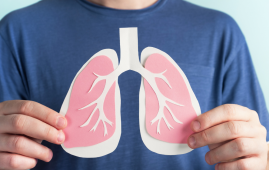 Inogen’s SIMEOX 200 Gets FDA Clearance for Airway Care
Inogen’s SIMEOX 200 Gets FDA Clearance for Airway CareInogen, Inc., a medical technology company.

Leave a Comment